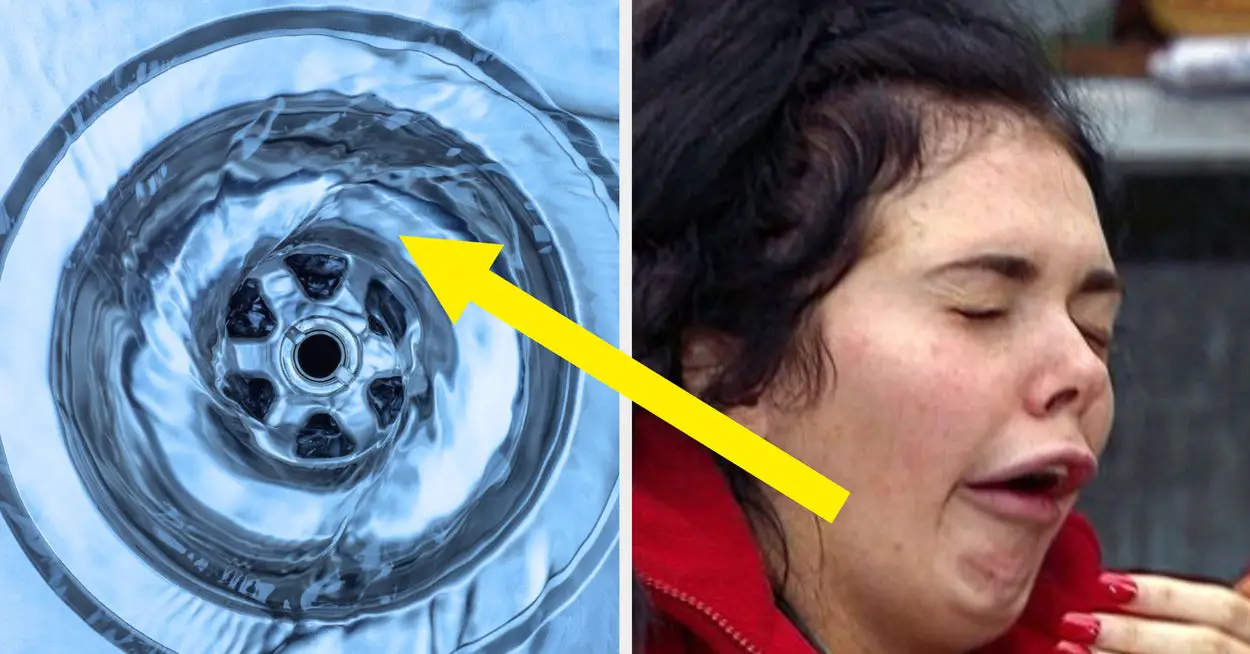When dealing with leftovers, or even fresh produce or meat products, one rule tops them all: If it smells bad, throw it out. When it comes to cheeses, though, a food that’s inherently smelly, the guidelines aren’t as straightforward.
According to chef Kevin Ashton, the culinary adviser at Restaurantji, there are three ways to determine whether cheese has gone bad: the presence of abnormal mold, a change in color, or a strong smell. He notes that identifying a bad smell is the best way to determine whether cheese is safe for consumption.
“If a mild cheese such as American or Jack smells strong like Limburger or blue cheese, you should throw it away,” Ashton explained. “Naturally pungent cheeses like Camembert will have a relatively strong ammonia smell when they go bad.”
Overall, Ashton says, if you are familiar with the scent of a specific cheese and the one you have smells “like a more concentrated version of what you’re used to,” then you should avoid eating it. But why, exactly? Well …
“Spoiled cheese can harbor different types of foodborne bacteria, each of which can cause specific illnesses,” Ashton explained, specifically mentioning salmonella, E. coli and Listeria monocytogenes.
Each bacteria may lead to different issues. Salmonella infections, for example, are “characterized by abdominal cramps, vomiting, diarrhea and fever,” he said. These symptoms aren’t immediate but can take between six hours and six days to show up. They may last up to a week.
“Escherichia coli can cause various forms of gastroenteritis, including hemolytic uremic syndrome (HUS),” Ashton added. Symptoms of such illnesses include bloody diarrhea, stomach cramps and vomiting. In extreme cases, they may lead to kidney failure. Ashton says young children and older people are most at risk when it comes to E. coli.
Pregnant women, newborns and the immunocompromised, on the other hand, are the category of people susceptible to listeriosis, which is caused by Listeria monocytogenes. “Symptoms include nausea, muscle aches, fever and diarrhea,” Ashton said. All things we’d rather avoid!
Rule No. 2: If it smells like gas but there’s no fire, call the authorities.
Source link







Leave a Reply